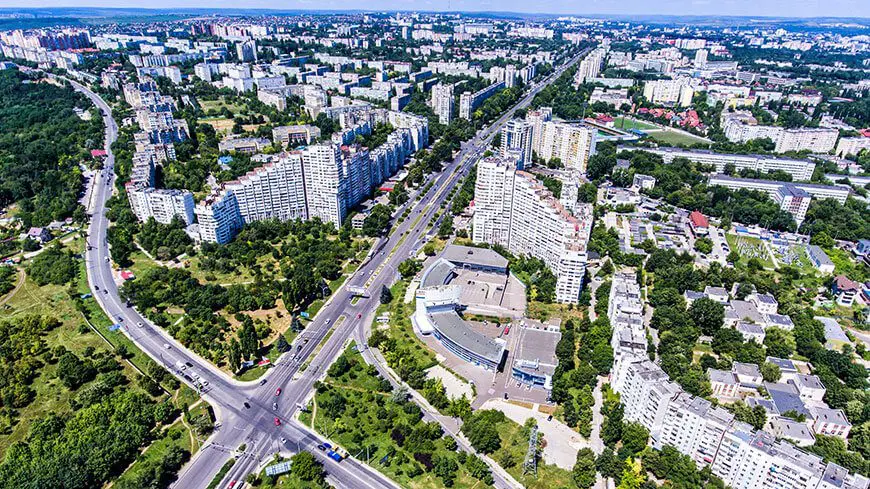Health system reforms in the Republic of Moldova have expanded the number of people benefiting from publicly financed health care and the range of services covered. Better access has reduced unmet need for health care. However, this greater use of services has increased people’s exposure to out-of-pocket payments – for example, through co-payments for outpatient medicines. A new report released by WHO finds that around 1 in 6 households in the Republic of Moldova experiences catastrophic health spending.
Medicines – largest single driver of financial hardship
Financial hardship is heavily concentrated among poor people, pensioners and people living in rural areas. Outpatient medicines are the largest single driver of catastrophic out-of-pocket payments and their contribution to financial hardship has increased over time.
For poorer households, inpatient care is the second-largest driver of catastrophic health spending, perhaps linked to informal payments for hospital care (the use of cash or presents to secure services), which have also increased.
Financial protection undermined by gaps in coverage
The share of the population covered by the Republic of Moldova’s national health insurance fund has increased in recent years, but over 10% of the population still lacks coverage, mainly because entitlement is linked to payment of health insurance contributions. The number of people who work in the informal sector and cannot afford to pay contributions is significant.
For those who are covered by the health insurance fund, financial protection may be undermined by the limited range of publicly financed outpatient medicines, heavy co-payments for these medicines, underdeveloped strategic purchasing and the practice of informal payments.
As a result of these gaps in coverage, poorer households are at high risk of being uninsured, facing financial barriers to access and experiencing catastrophic health spending.
Pandemic demonstrates value of universal health coverage
In working to control the COVID-19 outbreak, the Republic of Moldova has used reserve funds to guarantee free hospital treatment for everyone, regardless of health insurance status. As the longer-term economic disruption caused by COVID-19 becomes more evident, this short-term measure could be turned into a permanent feature. De-linking entitlement to all health services – not just hospital care – from payment of contributions would ensure that everyone is covered.
Re-designing the coverage of outpatient medicines will also help strengthen financial protection – for example, by extending the range of outpatient medicines covered, ensuring that poor households and people with chronic conditions are exempt from co-payments and introducing a cap on co-payments for everyone.
Moving towards universal health coverage requires a commitment to steadily increasing public spending on health. This is even more important in the context of COVID-19, which demands greater public investment in health, better use of existing resources and policy responses carefully designed to reduce unmet need and financial hardship for people at risk of poverty and social exclusion.
“Universal health coverage must remain a policy objective that is central to the agenda of recovery and rebuilding in the coming months,” said Dr Natasha Azzopardi-Muscat, Director of the Division of Country Health Policies and Systems in the WHO Regional Office for Europe.







